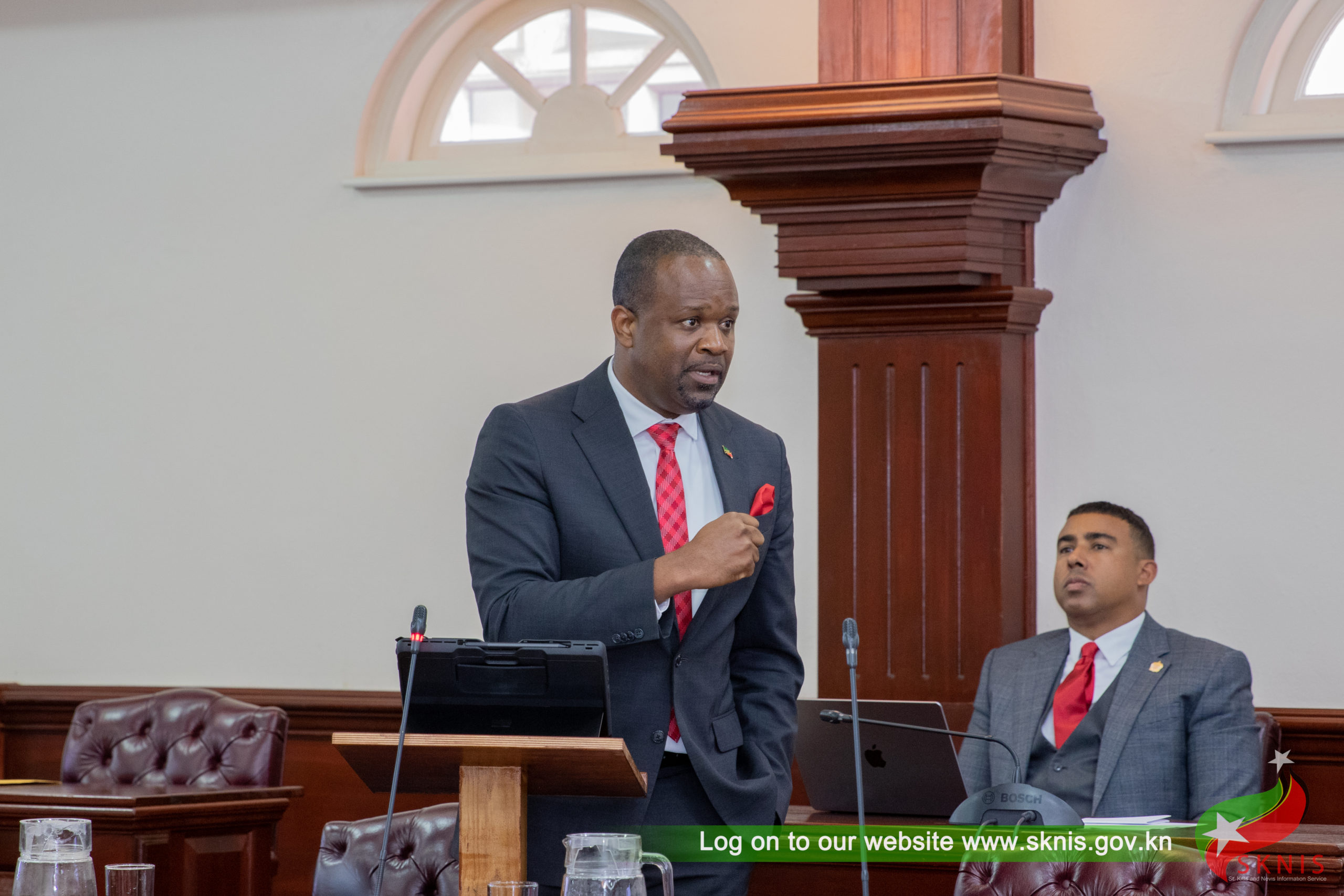Amendment to Pension Act Ensures Retirement Security for Government Auxiliary Workers
A Landmark Achievement for Government Auxiliary Employees in St. Kitts and Nevis: The Pensions (Amendment) Act, 2025
The passage of the Pensions (Amendment) Act, 2025, in St. Kitts and Nevis marks a significant milestone in the pursuit of social justice and equality for Government Auxiliary Employees (GAEs). This transformative legislation addresses a long-standing inequity in the retirement benefits system, finally granting GAEs access to pensions and gratuities, mirroring the benefits enjoyed by appointed civil servants. The Act effectively dismantles the discriminatory practice that forced GAEs to compete for a limited number of appointed positions simply to secure their retirement future. This historic reform, championed by the St. Kitts and Nevis Labour Party, underscores the government’s commitment to uplifting the working class and ensuring a dignified retirement for all its citizens.
For decades, GAEs, who constitute a vital segment of the government’s workforce, have been denied the same retirement benefits afforded to their appointed counterparts. These workers, encompassing a wide range of essential roles from public works crews and road repair teams to those maintaining crucial water sources, have often served under challenging and sometimes hazardous conditions. Despite their invaluable contribution to national development, they were previously excluded from the established pension system, forcing them into an unfair competition for scarce appointed positions, often with little hope of success. This systemic inequality perpetuated a cycle of insecurity and uncertainty for GAEs approaching retirement age. The new legislation decisively breaks this cycle, acknowledging the inherent value of their service and guaranteeing their right to retirement security.
The Pensions (Amendment) Act, 2025, introduces a contributory pension model, ensuring that GAEs, like their appointed colleagues, contribute to a dedicated pension fund. This model establishes clear and consistent eligibility criteria, eliminating the arbitrary and competitive nature of the previous system. The dedicated fund ensures the long-term sustainability of the pension program, providing financial stability and guaranteeing the availability of funds for GAEs upon retirement. The Act’s emphasis on a contributory system fosters a sense of ownership and shared responsibility, reinforcing the dignity and value of the GAEs’ contributions to the nation.
The significance of this legislation extends beyond its immediate impact on GAEs. It represents a broader societal shift towards greater inclusivity and social justice. By acknowledging and rectifying a historical inequity, the government demonstrates its commitment to building a more equitable and just society. The Act serves as a powerful affirmation of the principle that everyone deserves a secure and dignified retirement, regardless of their employment category. This reform is not merely a financial provision; it is a recognition of the inherent worth and dignity of all workers, particularly those who have traditionally been marginalized and overlooked.
Minister Konris Maynard, Member of Parliament for St. Christopher Three, has been a staunch advocate for this transformative legislation. During the parliamentary session that saw the Bill’s passage, he emphasized the government’s unwavering resolve to address this historical injustice. He highlighted the often arduous and hazardous nature of the work performed by GAEs, noting their crucial role in maintaining public infrastructure and essential services. He stressed that this legislation fulfills a core promise of the St. Kitts and Nevis Labour Party: to champion the rights and well-being of the working class. This Act stands as a testament to the party’s enduring commitment to social justice and its ongoing efforts to create a more equitable society for all citizens.
The Pensions (Amendment) Act, 2025, is a victory not only for GAEs but for the entire nation of St. Kitts and Nevis. It signals a profound shift towards a more just and inclusive society, one that values the contributions of all its workers and ensures their right to a secure and dignified retirement. This legislation represents a significant step forward in the ongoing pursuit of social equity, setting a precedent for future reforms aimed at uplifting marginalized groups and ensuring equal opportunities for all. It signifies a commitment to building a society where every worker is valued and where hard work is rewarded with the promise of a secure future. The Act stands as a symbol of progress and a testament to the power of political will to effect meaningful and lasting social change.
Share this content:












Post Comment